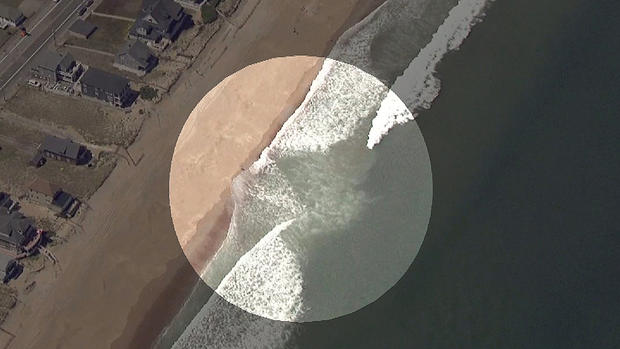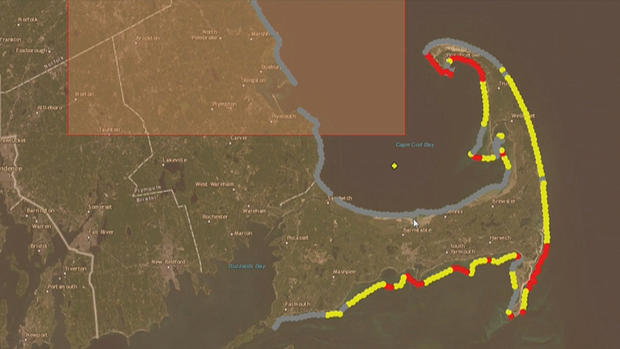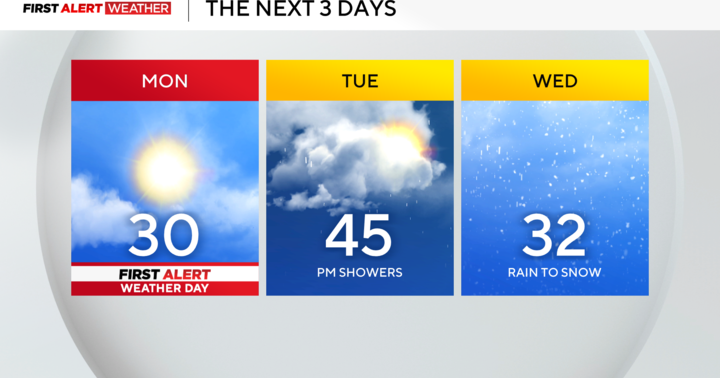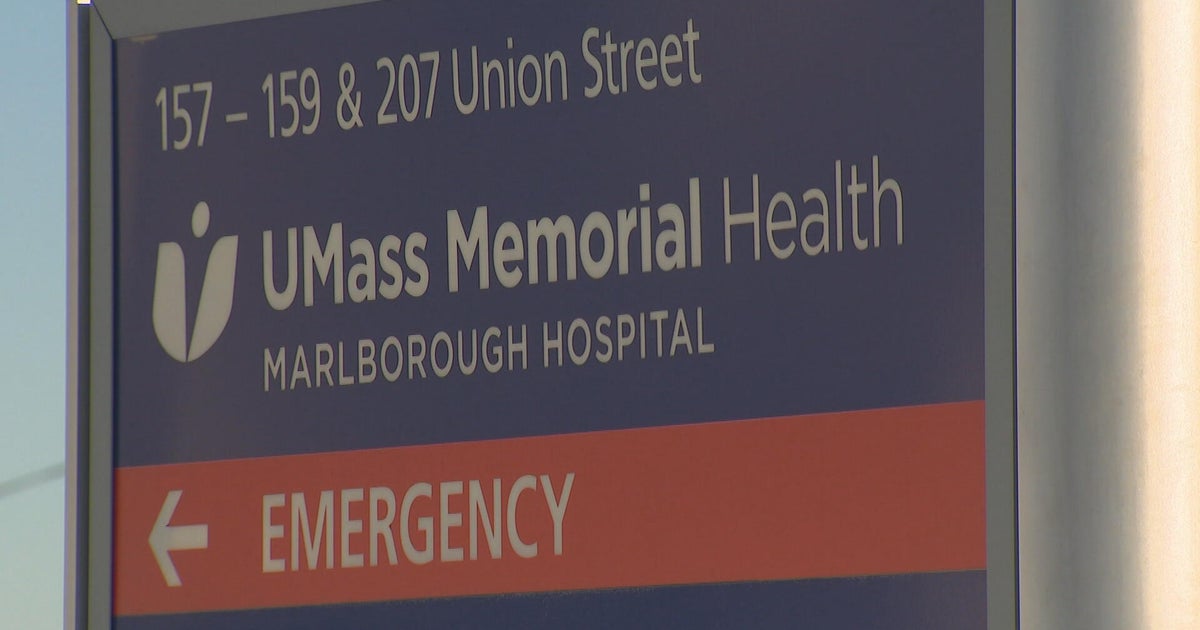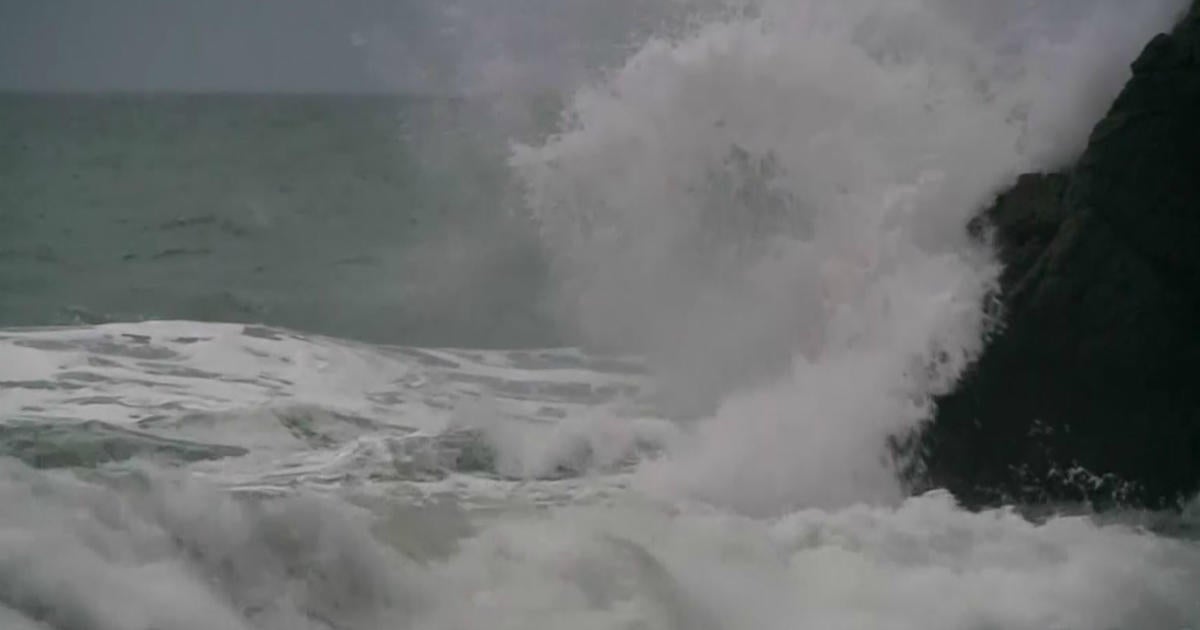New Rip Current Forecast Model Could Save Lives This Summer
MARSHFIELD (CBS) -- Thousands head to the ocean for relief from the summer heat in New England. Most of us can recognize the potential danger signs of an afternoon thunderstorm or a local shark sighting, but many are unaware of what is the greatest risk to local swimmers: a rip current.
"We have a lot of people who have no idea about the ocean and its power," Marchfield Beach Administrator Cindy Castro told WBZ-TV.
A rip current is a narrow channel of fast-moving water flowing away from the shoe and can move at speeds faster than an Olympic swimmer.
"What we're looking for is the waves breaking on each side and a channel straight into the middle, and you're going to see rollers, which is rough surf, and that's going to be your indicator that you've got a riptide," Castro explained.
She said in Marshfield there are usually three to four low-risk rescues each season. But a few years ago, a man who was renting a property, unaware of the water conditions, got caught in a rip current and died.
"So they are serious," Castro said.
Very little information can be provided to lifeguards at this point.
"It's just them seeing it and calling for a supervisor and then warning people to get out of the water," said Castro.
Eighty percent of lifeguard rescues across the country occur because of rip currents. It's a common danger that many beachgoers are not aware of.
"Rip currents actually kill more people than tornadoes, lightning, or hail in the United States every year," said National Weather Service Meteorologist Byrce Williams.
According to Williams, a new rip current forecast model is expected to improve beach safety this summer.
"This model takes into account so many different things, it really is a vast improvement over, just the lifeguard looking and trying to see it visually," he said.
Data from wind, waves, tide cycles, and water levels are just some of the factors driving this new model. It will cover a majority of the U.S. east and gulf coast, including New England beaches.
"This model is going to have a resolution of about 1 km, and so a beach that is right next to an adjacent beach, a couple miles down the way may have a different forecast," Williams said.
Beaches will be on a sliding scale from zero-to-100 percent chance of a rip current.
The new model will be able to predict the probability up to six days in advance.
"This is really going to be a life-saving new upgrade," said Williams.
"And that is going to be incredible for us, we'll know that morning, we can warn people right away as they come onto the beach," Castro said.
